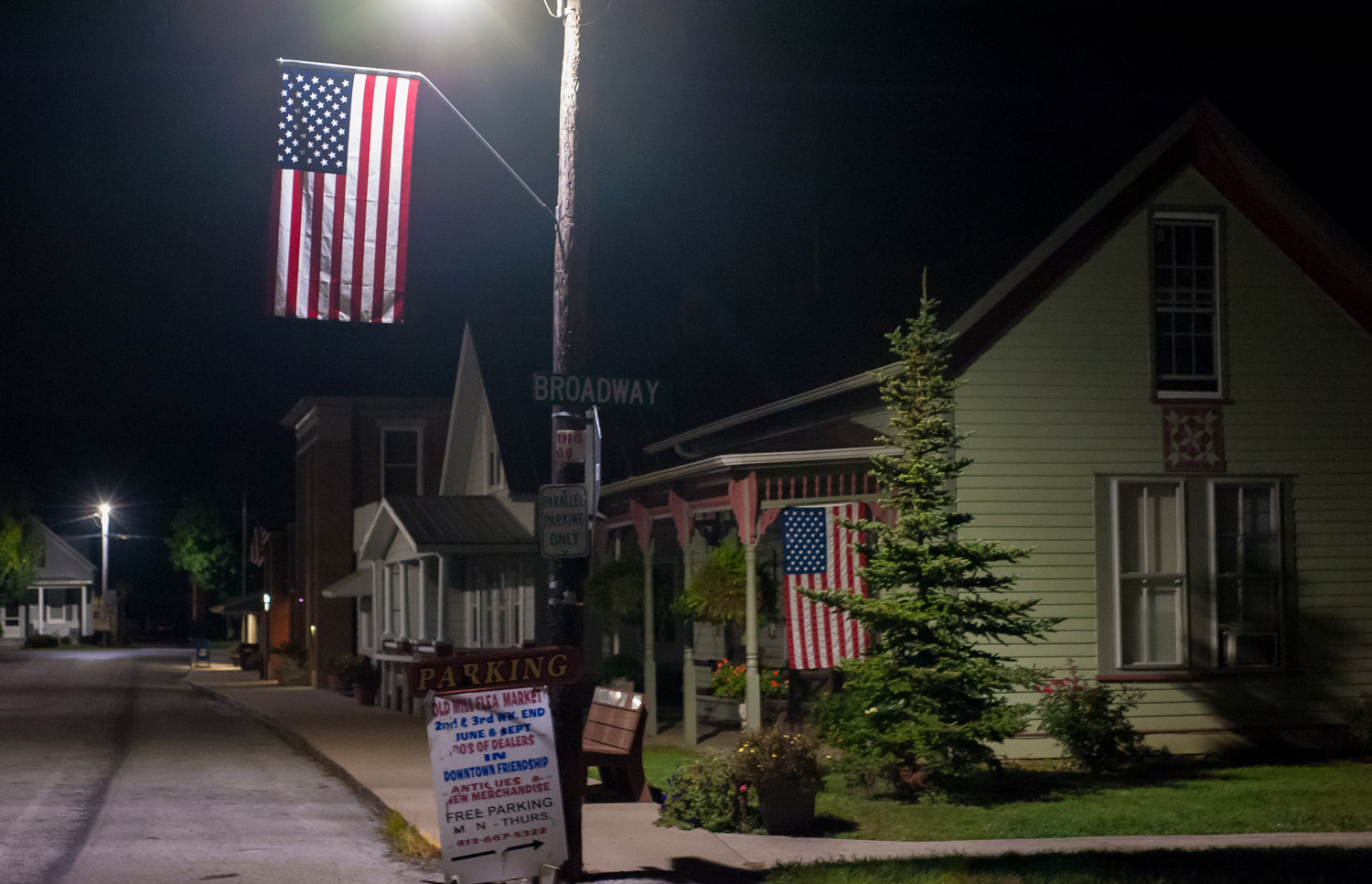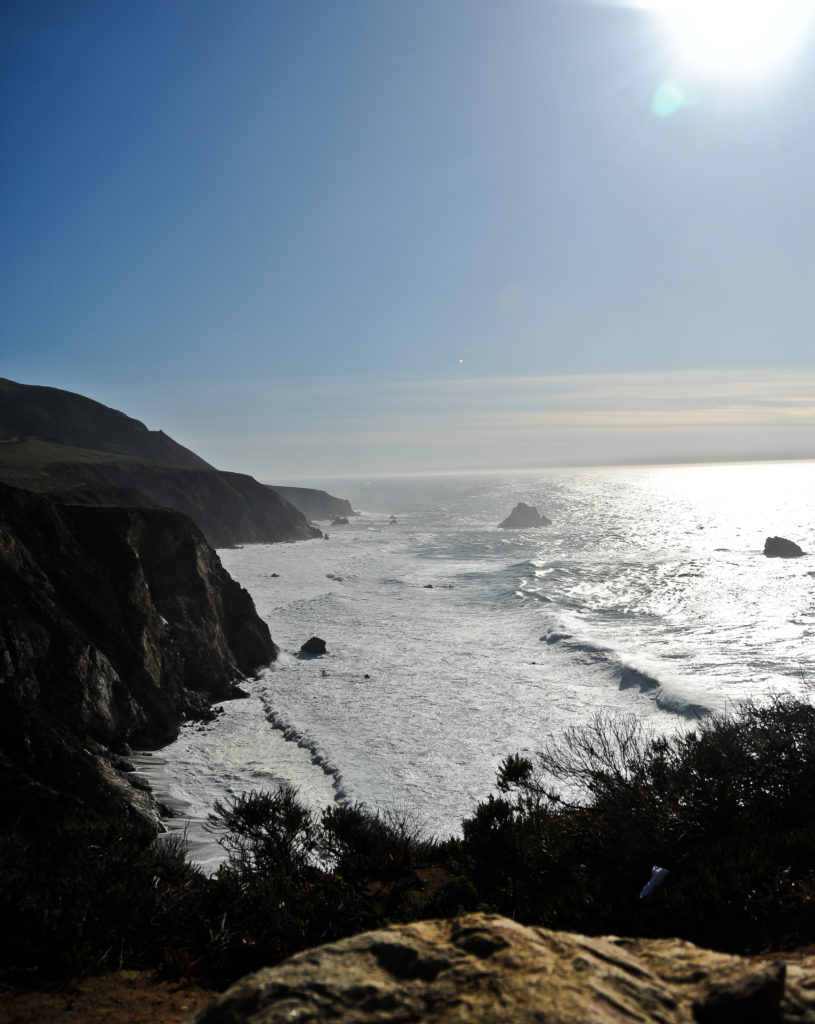So.
If we are, as previously discussed, to move forward with our lives, after the last several hellish years, with “a sense of passion, and also a sense of purpose,” where does one begin?
One could, of course, simply pick up where one left off before the plague descended.
The problem with this simple, although elegant, approach is that for so many people they have changed in myriad ways since the onset of Covid.
Moreover, for all of us, the world has changed.
Accordingly, just picking up and carrying on is a an option fraught with frustration, if not an impossible choice.
So we move forward and change.
And yet change is also seriously problematic.
The only constants in life, many wise men have noted are death and change.
To determine the truth of this statement, we need only look back at our lives.
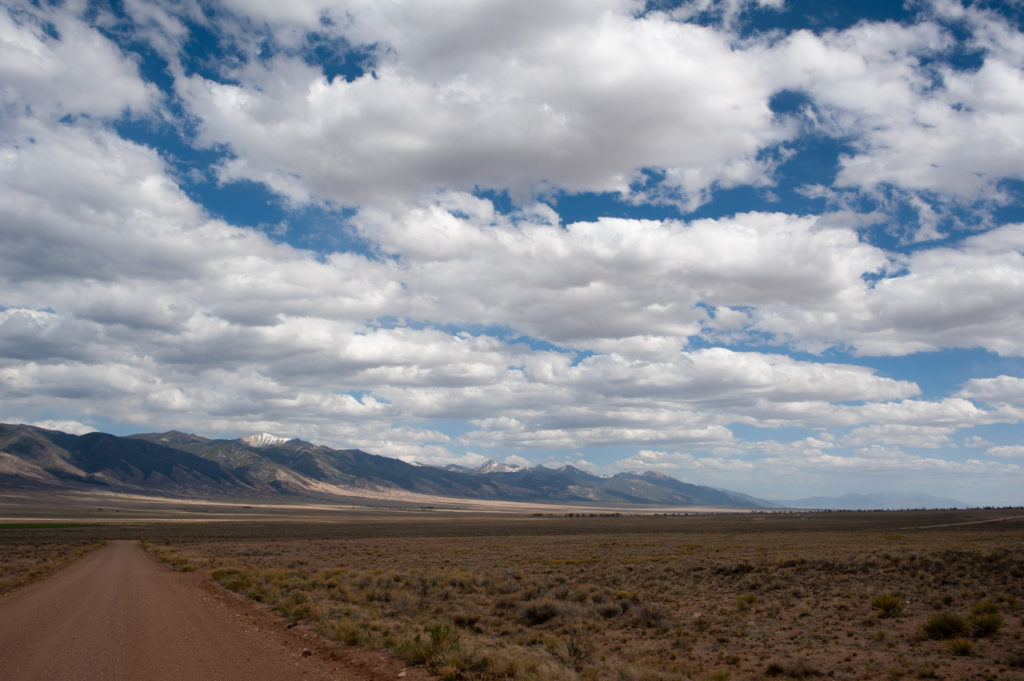
Change is a constant for everyone. It’s also true that we have an inborn tendency to dread, to fight, change. As creatures of habit we often have difficulty incorporating new changes into our routines, no matter how beneficial. We want to do the things that make us feel good, secure and comfortable.
The totalities of these realities means that we are destined to move forward from here into a new and changed world, for better or worse, in which we are bound to suffer some degree of discomfort.
Fortunately, this universal dislike of change is both acute and surmountable.
For while we all, to varying degrees at different times in our lives, battle change; if we are brave and/or fortunate, we learn, over time, that change is often preferable.
We come to appreciate and to desire the novel.
Isn’t this love of the novel-of change- largely what travel is all about?
When we travel we, often, seek to escape the boredom and routine of lives to explore the new, the novel. We travel to see the sun rise over a new mountain range. We go to immerse ourselves in new cultures and to meet new people.

Which brings us, improbably, to claustrophobia.
In the most general sense, we are told that claustrophobia is an abnormal dread of being in closed or narrow spaces. Most often when people speak of claustrophobia, they speak of being in small confined spaces such as elevators.
But claustrophobia can be applied to the anxiety of being confined to entire dwellings and/or even towns.
As Melville noted at the start of Moby Dick, escape from his local haunts was
[A] way I have of driving off the spleen, and regulating the circulation. Whenever I find myself growing grim about the mouth; whenever it is a damp, drizzly November in my soul; whenever I find myself involuntarily pausing before coffin warehouses, and bringing up the rear of every funeral I meet; and especially whenever my hypos get such an upper hand of me, that it requires a strong moral principle to prevent me from deliberately stepping into the street, and methodically knocking people’s hats off–then, I account it high time to get to sea as soon as I can.
Huck Finn, in Mark Twain’s Huck Finn expresses much the same sentiment when we states:
But I reckon I got to light out for the Territory ahead of the rest, because Aunt Sally she’s going to adopt me and sivilize me, and I can’t stand it. I been there before.
In both these instances, Melville and Twain are getting at something beyond spatial confinement, they are speaking of the need to escape from a narrow mindset. They are speaking of mental claustrophobia. They are speaking of the fact that men and women can grow anxious and distraught over both their physical world and their perception of that world.
Which brings us back to Covid.
Many of us have reacted, sometimes significantly, to the fact that we have been for too long confined inside the same small room, rooms, and/or towns.
But on closer examination, we find that we are also suffering under the yoke of boredom and widespread ignorance- willful and otherwise.
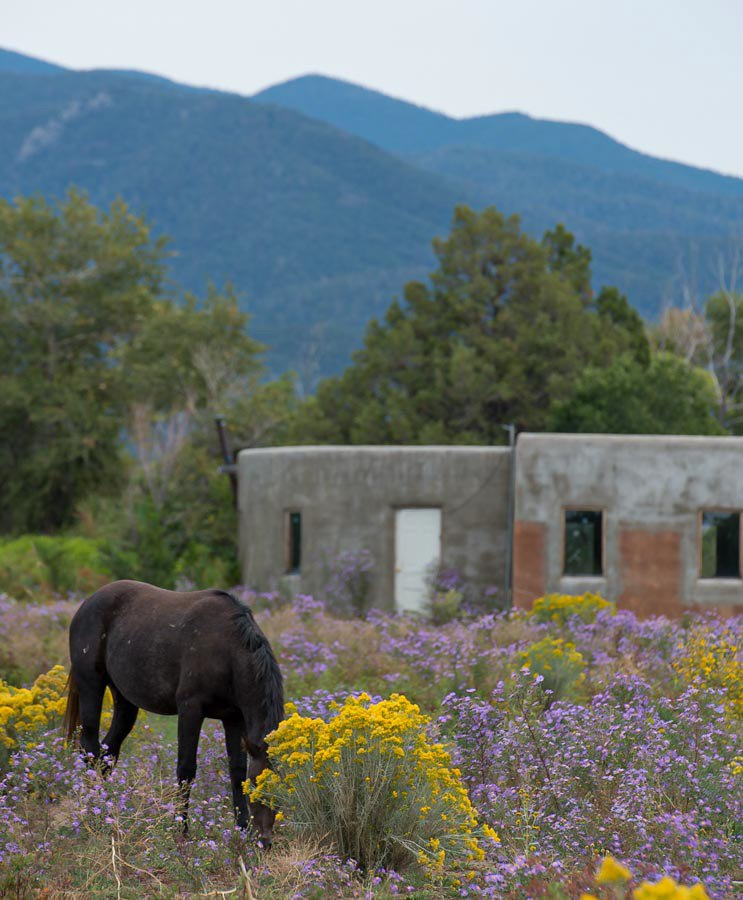
Why is it so difficult for so many to pick up their lives again and move on after Covid?
Part of the answer lies in the fact that moving on after Covid is a more complex and difficult process than man people realize.
For instance, not only have we been unable to escape to open spaces- which are packed once we get there- we have also been suffering tremendous mental claustrophobia as well.
Because we require a clear mind to go forward, Covid has proven to be a tough challenge.
To make important decisions requires a grasp of the relevant facts and a mindset which allows competent consideration of these facts.
Both ends of this equation have proven difficult to come by.
Why?
In part because mass media, on the right and the left, have become so intent upon manipulating people through sensationalism and outright propaganda that it’s impossible to determine the true facts of any given situation.
The intent of nearly all media has become not informing the public on important events and subjects, but generating viewership- and thus ad revenue- through literal psychological and physical manipulation.
This manipulation is accomplished, for instance, via the fight or flight process wherein the brain perceives that a stressful situation has presented itself causing the body to flood itself with adrenaline and cortisol.
You know this process. You’re walking down the street and a large snarling dog- which wasn’t there a minute ago- is now standing before you, seeming ready to attack you. Your body reacts, instantaneously and without thought. Your heart races, you sweat- your breathing increases dramatically- until you realize the dog is on a chain- and then your fine, your body recovers.
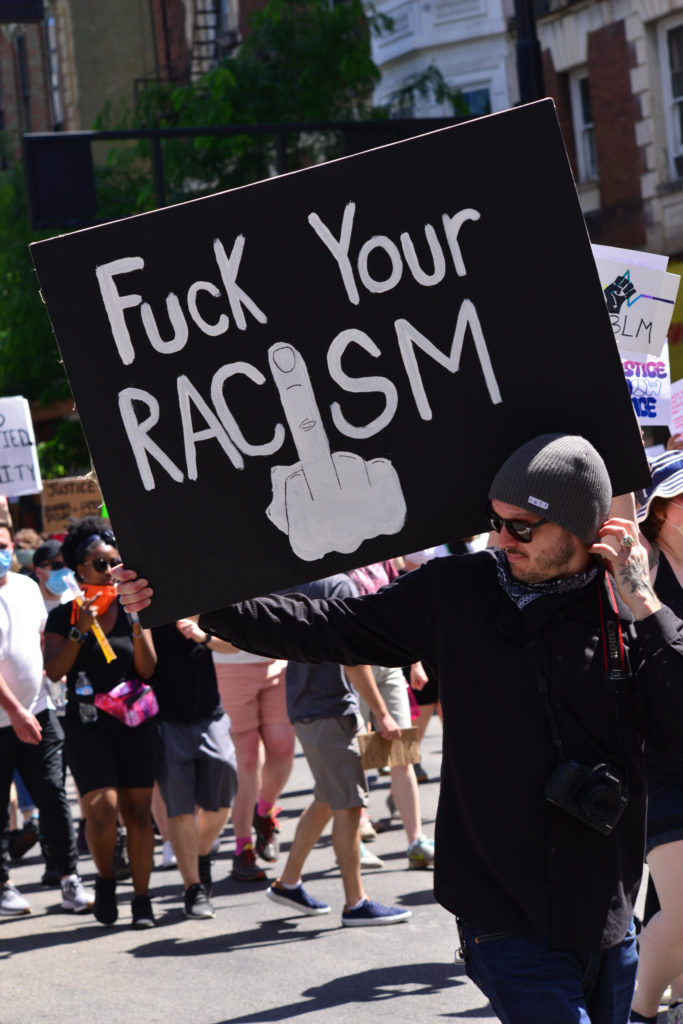
The media, on the right and left uses hyperbole lies and images to knowingly trigger such processes, to generate exaggerated responses to their coverage.
Brandon! libtard! white trash! Trump!!!.
And while the impact of negative, especially sensationalized news has been poorly covered it has been shown that the frequency of television watching related to the 9/11 terrorist events was associated with substantial psychological stress reactions among TV watchers when measured in the days following the traumatic event.
Another study related to the 9/11 attacks reported that the number of hours of TV coverage watched by individuals-especially women- was correlated with measures of psychological distress and prevalence of probable PTSD.
Ever wonder why the news resorts so frequently to spewing adverbs, over nouns, in such an incendiary manner? It’s because they want to prevoke specific physical and psychological reactions which will ultimately lead to addiction to the news cycle.
Media exposure during the 24/7 news cycle can increase perceptions of threat and activate the “fight or flight response,” which can lead to subsequent physical and mental health problems.
However, when there is constant exposure to perceived threats, the flight or fight process can become chronic and even acute. A constant stream of sensational or “disaster” reporting, whether you are exposed actively or passively, can elevate stress levels and trigger symptoms like anxiety and trouble sleeping.
Repeated media exposure can also create a feedback loop of exposure and distress: People with the greatest concerns may seek out more media coverage of an event, which can further increase their distress.
Compounding this stress is the constant stream of news about COVID-19 that we are exposed to on a daily, hourly, and even minute-by-minute basis. “Unfortunately, a lot of the news we consume today isn’t so much reporting as it is a way of keeping people addicted to the news cycle,” says psychologist Logan Jones, PsyD.
Addiction to the news cycle, of course means a padded bottom line- more cash for the corporations that own the news cycles.
In the end, it’s a replay of the big tobacco decades in which corporate Americal knowingly compromised the health of the American public so as to exploit the American public financially- and tangentially to also murder millions.
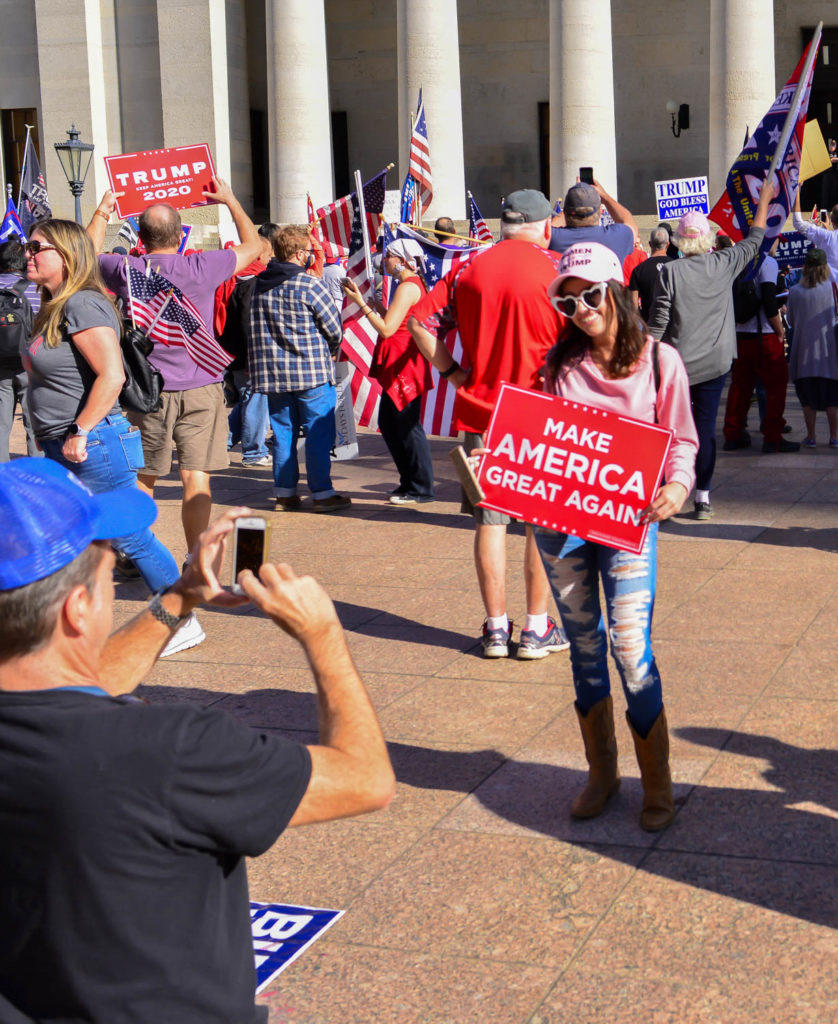
In the end, it’s the same sick con as the opioid crisis on a slightly more subtle level.
Rolled up in a nice neat ball: many, if not most of us have suffered and or continue to suffer some degree of mental, if not physical hardship as a result of the ongoing stressors in our collective and personal lives.
Moving on from this hardship feels like swimming upstream because it is a difficult process, one in which people are actively working against you and your best interests.
Paranoid? Maybe, but being paranoid and wrong are not the same. Check the facts for yourself.
If we are to go forward with our lives in some sane happy manner, it’s imperative that we understand this process and guard ourselves against those who would exploit our personal and collective difficulties.
What can we do?
To help prevent distress caused by media coverage, the authors recommend that we: choose one or two trusted sources (such as the, Centers for Disease Control, World Health Organization) for information to stay abreast of critical updates, limit repetitious exposure to media stories, and be wary of reports on social media whose veracity cannot be ensured.
Secondly associate with wise people.
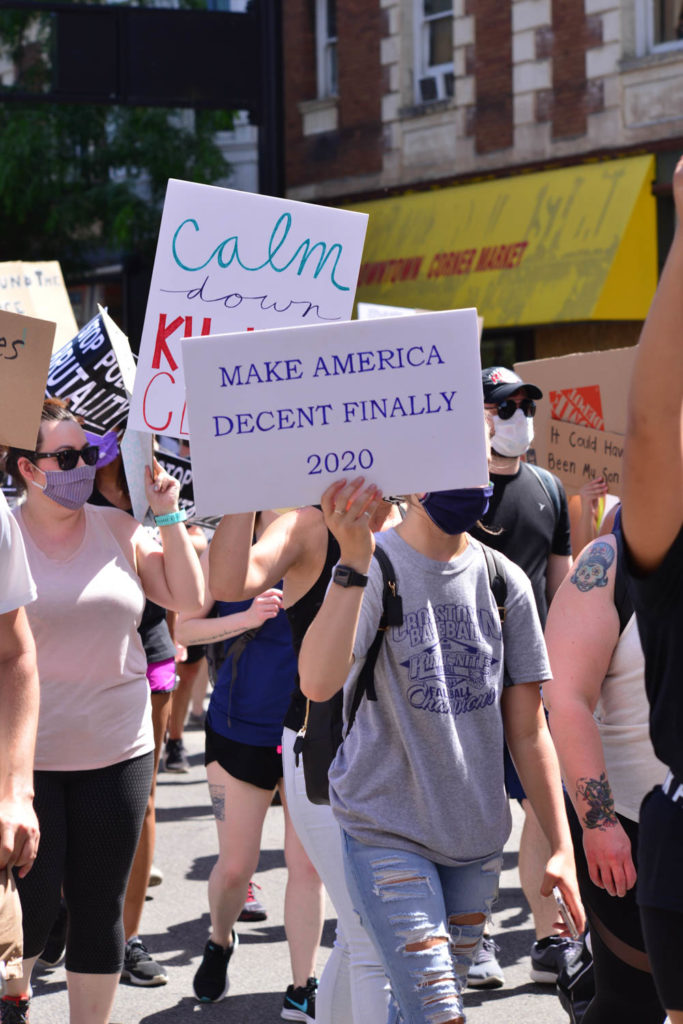
In the Great Discourse on Blessings, the Buddha states that the highest blessing comes from avoiding fools and associating with the wise.
In considering this advice, a wise man offered that:
Good friendship… means considerably more than associating with people that one finds amenable and who share one’s interests. It means in effect seeking out wise companions to whom one can look for guidance and instruction. The task of the noble friend is not only to provide companionship in the treading of the way. The truly wise and compassionate friend is one who, with understanding and sympathy of heart, is ready to criticize and admonish, to point out one’s faults, to exhort and encourage, perceiving that the final end of such friendship is growth.
Go forward, travel, live again, but with caution, go forward with open eyes and look out for yourself and your friends. Associate with the wise and avoid the foolish.


